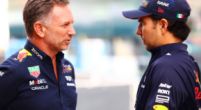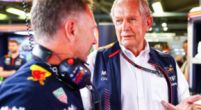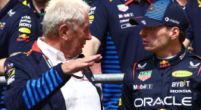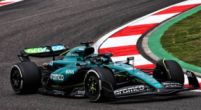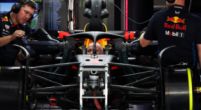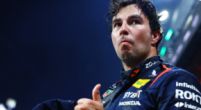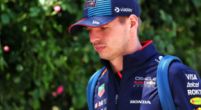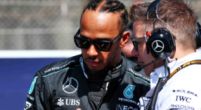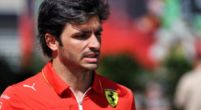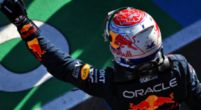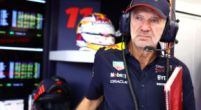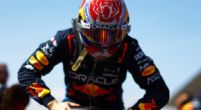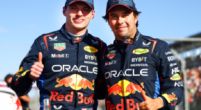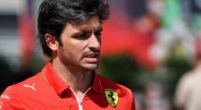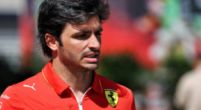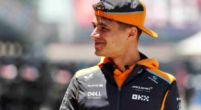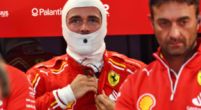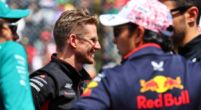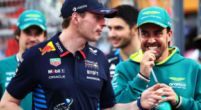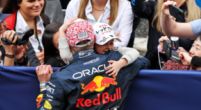Column
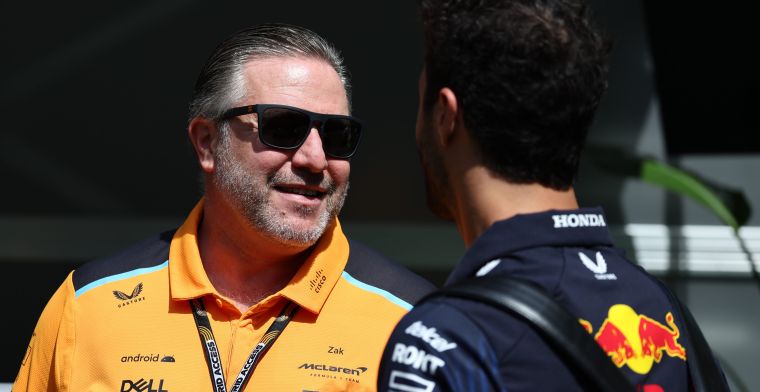
McLaren likely to sink deeper without exclusive engine deal in F1
Aston Martin and Honda's deal immediately ends McLaren's ambitious plans. The team aiming to challenge the top under Zak Brown's leadership don't appear to know the correct pathway. This is strange, as McLaren have already won eight world titles as a Formula 1 team.
Ron Dennis is pushed out
Zak Brown was appointed as the new executive director of the McLaren Technology Group in November 2016. He joined the iconic brand where Ron Dennis had ruled the roost for many years. However, Dennis was slowly pushed out of the team and in 2018, Brown took over that role as CEO of McLaren Racing.
Dennis is mainly blamed because the deal with Honda came to nothing. Together with Honda, they won four world titles between 1988 and 1992. It was the team's most successful period in F1, with top drivers like Ayrton Senna and Alain Prost. The period between 2015 and 2017 was much less successful.
Dennis was undoubtedly not faultless, but he got a lot of things right. If you want success in F1, you cannot be a customer team. With Mercedes, McLaren had found success for years, but with Mercedes joining as a factory team in F1, it was almost impossible for McLaren to perform better. The German team could fine-tune their engine and chassis, whereas McLaren had to make do with the engine they received.
Dennis knew this, as his greatest successes came during the period when he had an exclusive deal with Honda or Mercedes. Even among competitors, he saw that only teams with exclusive deals won world titles. So the gamble for Honda made sense, and given the subsequent success with Red Bull Racing, it also proved Dennis right.
The mistake Dennis made was appointing a top driver who expected top performance from the team: Fernando Alonso. The Spaniard accepted the first bad year with Honda, but he started to whinge in year two. This went against Honda's grain and also caused unrest internally at McLaren. Indeed, within the team, the idea that they would compete for the world title with a Mercedes or Renault engine began to take hold.
Alonso and McLaren's arrogance
That internal struggle proved fatal to Dennis, and under the leadership of the eloquent Brown, the team switched to Renault engines in 2018. 'Now we can race,' exclaimed Alonso gleefully over the team radio after his fifth-place finish in Australia. It proved too early, however, as McLaren were not that good. The team finished sixth among constructors, behind Renault and Renault's customer team Red Bull Racing.
The potential in Honda's engine was shown at Toro Rosso (now AlphaTauri). The Honda engine still had some issues, but the fact that the small team from Faenza scored 33 points compared to McLaren-Renault's 62 gave food for thought. Were McLaren really as good as they thought themselves?
Brown had seemingly drawn the same conclusion. Alonso left along with the underperforming Stoffel Vandoorne. In came Lando Norris and Carlos Sainz. Two young and talented drivers to take the team forward. A smart choice, perhaps at the request of Andreas Seidl, who also made a fresh and calm impression as the new team boss in 2019. Together with James Key, he had to set the path and through 2020, that went quite nicely. Indeed, from sixth among constructors in 2018, the team climbed to third in the rankings in 2020.
But then McLaren's top brass made another remarkable choice. After three years, Renault were dumped, and that engine was swapped for a Mercedes engine. Of course, there are problems with the Renault engine, but three years is very short to get the most out of a partnership. The Mercedes deal also comes at a bad time, as the coronavirus year led to the decision to postpone the new car regulations by a year, freezing the 2021 car development. In that respect, it is handsome that McLaren still finished fourth among constructors in 2021.
Was James Key to blame, though?
Yet everything collapsed like a house of cards when it became clear that McLaren had missed the boat with the new regulations in 2022. In the year when a step towards the top could be taken, McLaren actually lost ground. Red Bull Racing, Ferrari and Mercedes had been out of reach for a while, but Alpine were also a lot faster, aside from some reliability problems. Things get worse in 2023 when it turns out that Aston Martin completed their homework better and made a big jump up the order.
James Key is blamed. The technical director leaves, and a new technical committee is announced. This has caused problems everywhere in the past, but Brown sees it as the ideal way forward. The fact that one of those technical personnel will not be available until 2024 due to his contract at Ferrari (David Sanchez), the team takes it at face value.
Of course, Key and the now departed Seidl can be blamed for disappointing performances, but Brown has not supported them either. Whereas Aston Martin quickly set up a new factory and attracted new staff and good drivers, McLaren still have the old wind tunnel as an excuse for poorer performance. The new wind tunnel will be completed this year, but why has it taken until 2023 to fix this problem when it was already evident in 2019 that they were losing ground? On that front, Brown is acting much slower than his counterpart at Aston Martin.
Did Ricciardo really have to leave?
Besides the remarkable choice of technical infill and the delayed fixing of problems at the factory, you can also question the choice of drivers. Norris and Sainz were a good move, and so was the arrival of Daniel Ricciardo on paper. Of course, his performance was disappointing, but buying off an ongoing contract to bring in a young talent who is yet to prove himself at that level, is that a logical decision? After all, you are still paying a large part of Ricciardo's salary and bringing turmoil.
After all, with Norris, you already have a talent and future champion in-house; why add a second one in the form of Oscar Piastri? Ricciardo disappointed and may have earned a bit too much for that performance. They could've sought after a second driver alongside Norris for 2024. Now you are left with two young drivers trying to prove themselves. That rarely ends well. Was it another choice by Seidl, or was it Brown who pushed this decision through? Seidl's departure and the fact that he made good decisions on the line-up seem to point to Brown choosing Piastri.
Honda join forces with Aston Martin
In that respect, Honda's deal with Aston Martin becomes another miss from McLaren. Even if McLaren did engage in talks with Honda as a historic team, they have apparently been unable to do enough to convince Honda. The formula for success in F1 is familiar to many. You need the (financial) resources, an exclusive engine deal, a top technical man and a top driver supported by a second 'wingman'. McLaren is missing the boat in all areas, which will stay the same for a long time, as most deals are already fixed for 2026.
McLaren will come up against six factory teams in 2026. Of course, not every factory team will maximise their package, but as a customer, becoming world champions will be impossible. You can do better than your supplier once (see Aston Martin this season), but then systematically beating all other manufacturers is another story.
The last team to manage that as a customer was BrawnGP in 2009 with Mercedes engines, but then there was no Mercedes team. McLaren had a good relationship with Mercedes, but BrawnGP would be renamed Mercedes a year later. So does that title count as being a customer? If we go even further back in time, you end up with Benetton and Williams (between 1995 and 1997), but even for those teams, there was no Renault F1 team in the sport. So it wasn't an exclusive deal with Renault, but it wasn't really a customer deal either. In short, success as a team's customer with their own F1 team is almost impossible.
Whereas Lawrence Stroll seems to have understood F1 very well and is slowly but surely ensuring that Aston Martin are on their way to the top, things are messy at McLaren. As a businessman, Brown has managed to market McLaren very well, as there is no shortage of sponsors. Only at board level are too many questionable choices being made that are not in line with the formula for success in this sport. Different is not always wrong, but when world titles are rarely, if ever, won this way, you have to wonder if you are on the right track.


